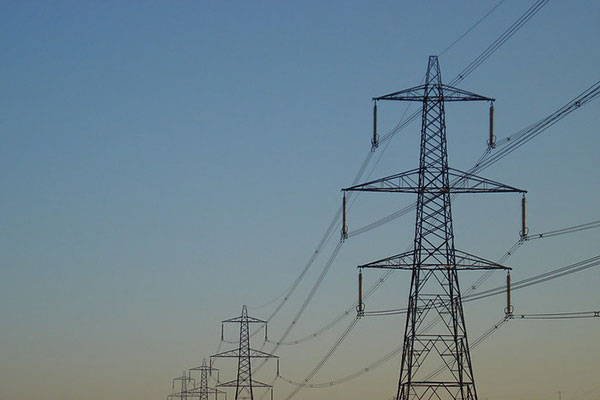- Tigo is seeking to hold APsystems accountable for its willful infringement of Tigo patents.
- A rapid shutdown function is required for PV systems to comply with the U.S. National Electric Code (NEC).
- Tigo notified APsystems in person and in writing about the infringement but received no response.
California — Tigo Energy has filed a lawsuit in United States District Court for the Northern District of California against Altenergy Power Systems (“APsystems”), seeking to hold APsystems accountable for its willful infringement of Tigo patents related to rapid shutdown technology.
A rapid shutdown function is required for PV systems on buildings to comply with the U.S. National Electric Code (NEC) to reduce shock hazard for emergency responders.
Tigo is a leader in rapid shutdown technology with more than 1 million units delivered. Tigo’s products are multivendor UL-system-certified for rapid shutdown. Tigo’s product reliability is the highest in the industry with the fewest filed failures. Tigo’s safety solutions comply with NEC 2014, 2017, and 2020, and are compatible with more than 200 inverters from over 15 suppliers deployed in residential, commercial, industrial, and utility projects.
“For years we have invested in innovative technologies to deliver safe and reliable solutions to our solar customers,” said Zvi Alon, Chairman, and CEO of Tigo Energy. “Our patents and intellectual property protect the advancements we have made. We believe that APS has copied our technology and we are taking action to protect it.”
Tigo notified APsystems in person and in writing about the infringement but received no response.
Tigo discloses that SMA Solar Technology AG owns 10% or more of its stock and that it has no parent company.











Comments